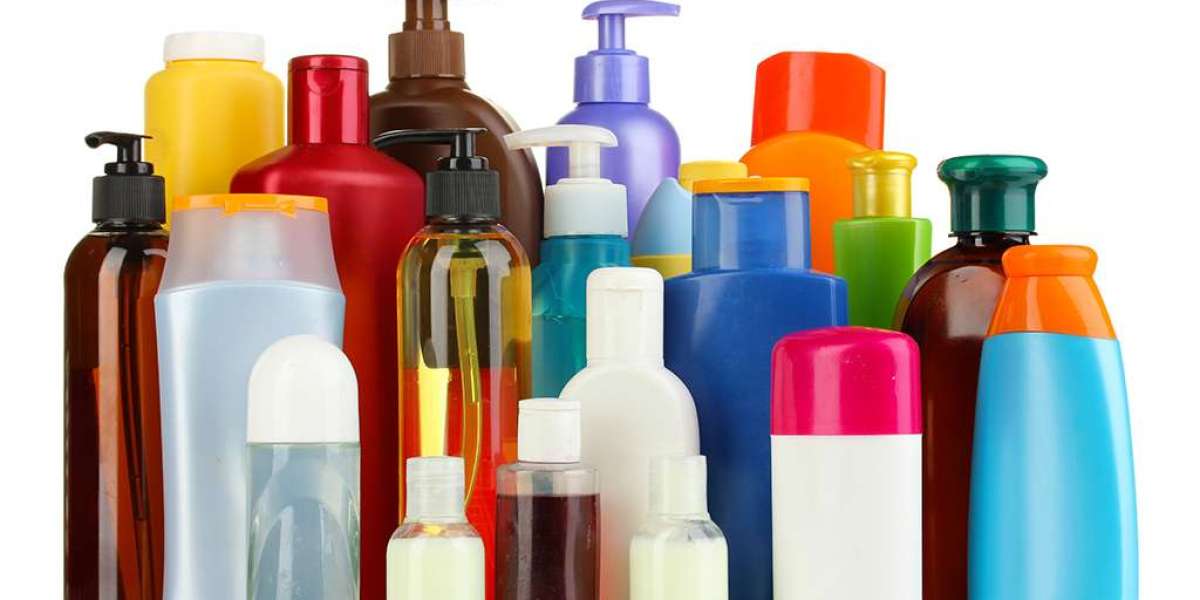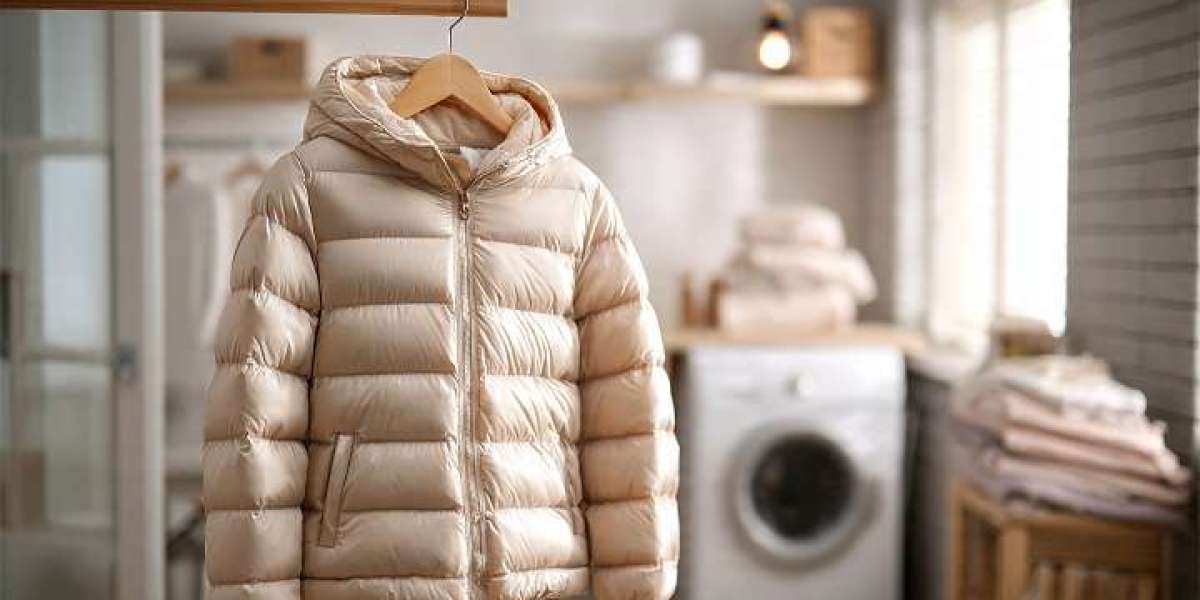article image source: beaconregulatory.com (link)
(What will be mentioned below is for advice and is not a substitute for consulting a doctor)
These products undergo stability tests under three conditions.
Small refrigerators used to store skincare products are popular on social media, but how useful are they? Is their use necessary at specific times and under specific conditions?
Storing skincare products away from sources of moisture and heat plays a key role in maintaining their effectiveness. However, according to experts in this field, storing them in the refrigerator is not mandatory. Cosmetic laboratories ensure their stability for three years when manufacturing them.
advertisement
These products undergo stability tests under three conditions: at moderate temperatures of around 23 degrees, at high temperatures of up to 40 degrees, and at low temperatures. A product that does not pass these tests, and whose composition changes when exposed to significant temperature changes, is not available for sale. Therefore, cosmetic products can be safely stored at room temperature.
- Exceptional Cases:
The exception in this area applies to home-made skincare products whose formulations are not developed in a laboratory, making them less stable and lasting no more than a week or two at most, even when stored in the refrigerator. This also applies to products with a short shelf life, clearly marked on their packaging, which are recommended to be stored away from sources of moisture and heat to avoid spoilage.
- Benefits of Refrigeration:
Some may ask: If most cosmetic products maintain their stability and effectiveness without refrigeration, why is it problematic to store them in the refrigerator?
The answer to this question is that refrigeration is the optimal option for better preserving the formula and preserving the active ingredients over time. Some ingredients, such as vitamin C, vitamin A, and plant extracts, are difficult to stabilize over time, so storing them in the refrigerator helps preserve them. This is particularly true for water-rich products, such as serums and gel creams, as the water tends to separate from the vitamin C in these products when exposed to heat and humidity.
Refrigeration can also be beneficial for some products, although it isn't mandatory. This applies to eye patches, eye creams, and even face masks. Refrigeration enhances the effectiveness of these products in decongesting, combating fatigue, and revitalizing the skin, while also maintaining its firmness, giving these products added benefits. It's worth noting that refrigeration may not be suitable for all cosmetic formulations, particularly non-aqueous or powder-based formulations. Refrigeration can cause the products to clump, requiring dispersion before use. Formulas made with coconut oil or other cold-pressed oils are solid when removed from the refrigerator and should be left at room temperature for a period of time before use.
- Storing Products in the Bathroom:
Home bathrooms are typically subject to significant temperature fluctuations and are characterized by extremely humid conditions, making them unsuitable for storing cosmetics. This means that storing these products in these conditions can cause them to deteriorate, especially if the storage conditions are changed frequently. Therefore, it is preferable to place these products outside the bathroom, specifically in a well-ventilated area away from light and moisture sources, in order to limit the temperature changes they may be exposed to.
Thank you !













































































